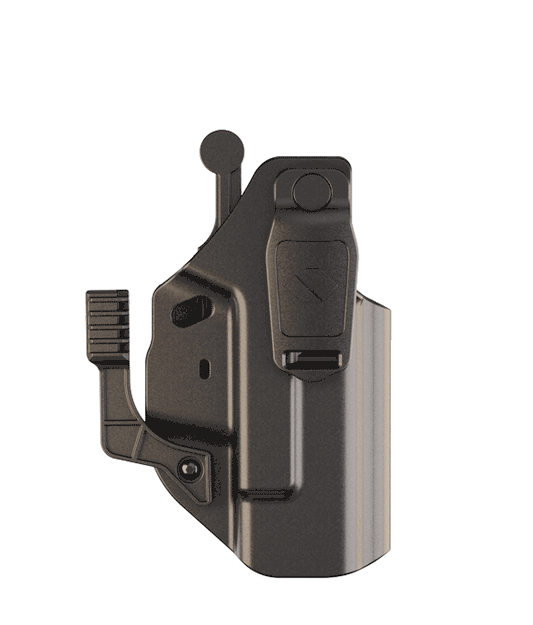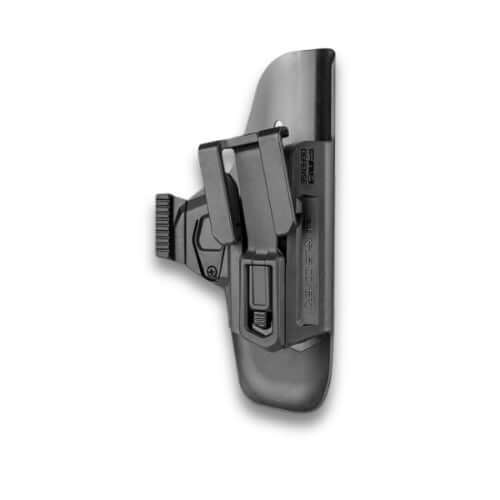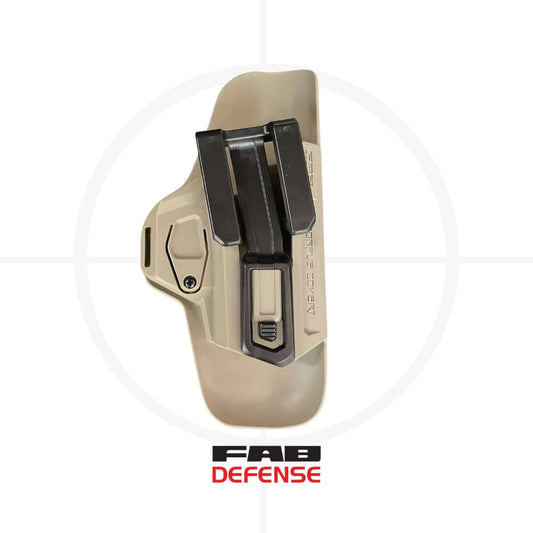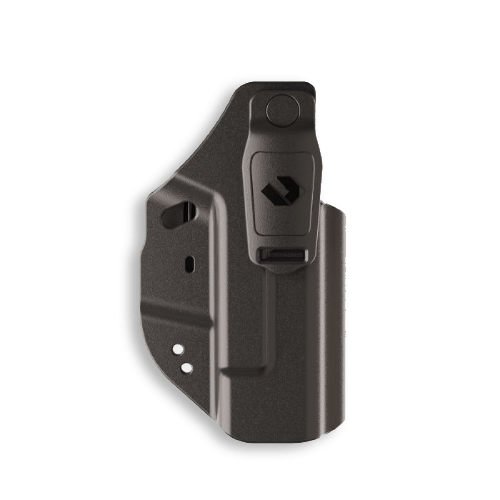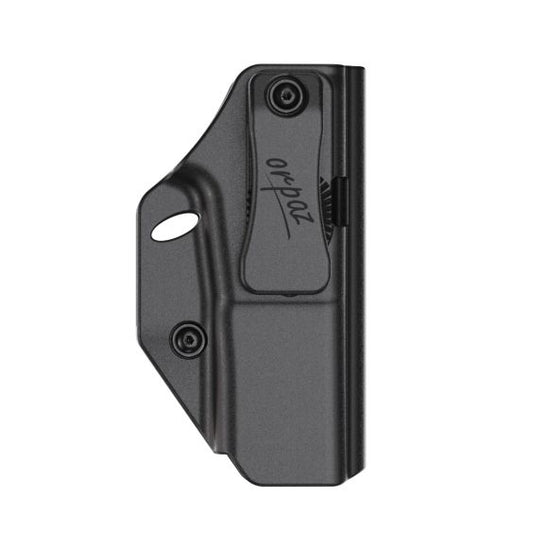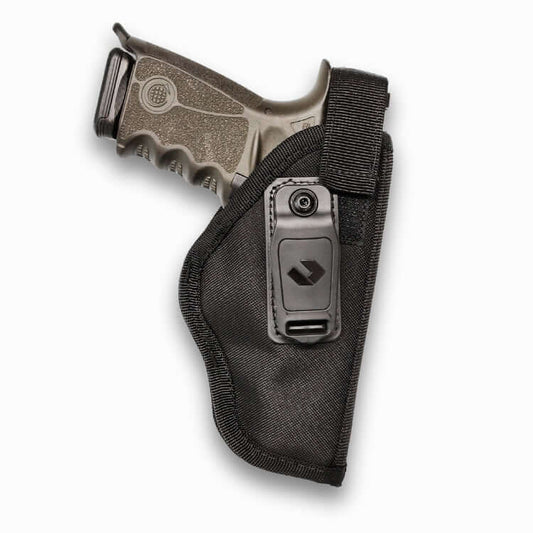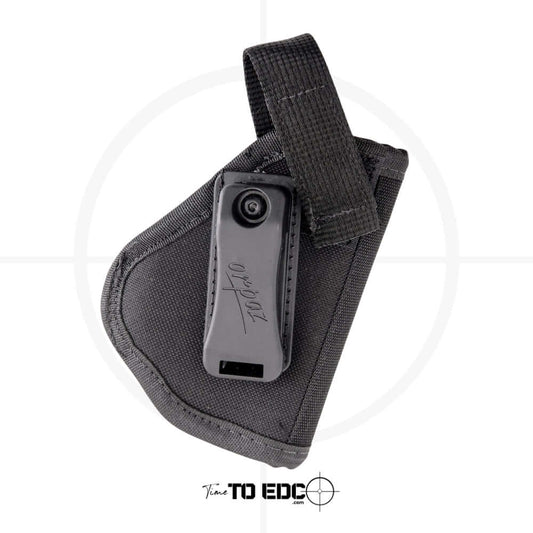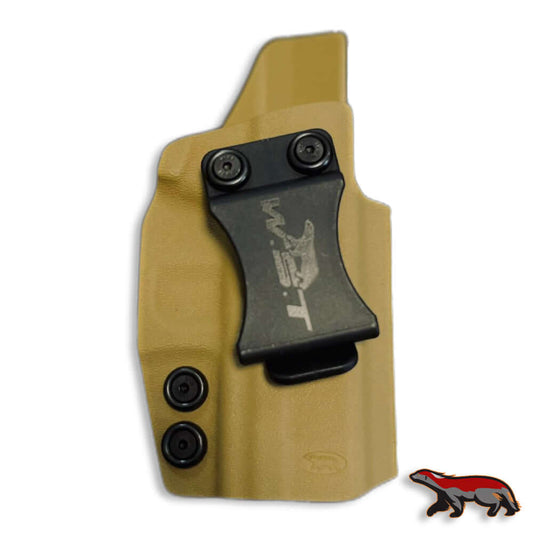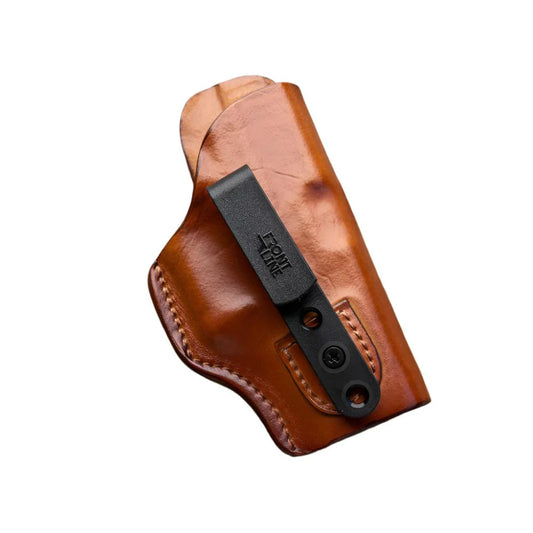
Share
#7 Weapons and Alcohol | By attorney Doron Barkat
Diego CohenAn important article on "weapons and alcohol" by attorney Doron Barkat:
Weapons and alcohol. A combination that is absolutely not recommended. We all know that - but what does the law say?
I will first point out that the law refers to drunkenness in three ways: First, there is a stipulation of drunkenness that leads to a defect in judgment and the mental foundation required when committing a crime. However, this proviso can only be used when the drunk could not have expected that his drunkenness would lead to this case, or he got drunk unknowingly (for example - someone put a drug in his drink without his knowledge).
The second way is rules in which the provision of alcohol has meaning, such as a prohibition on selling or serving alcohol to minors, as well as a prohibition on encouraging or providing an intoxicating drink to a person who is already drunk.
The third way deals with cases where the law prohibits people from being drunk. For example, it is forbidden to riot and violate public order when drunk. As we know, it is also forbidden to drive a vehicle above a certain level of intoxication, which is measured by the level of alcohol in the blood, or in exhaled air. It is forbidden by law for railway officials to be drunk while performing their work, and in the same way it is forbidden for an armed person to be drunk while armed with a loaded weapon or a knife.
This appears in section 193(b) of the Penal Code, which states: "Whoever possesses a loaded weapon, a knife or any other deadly weapon while intoxicated, may be arrested without an arrest warrant, and the penalty is six months' imprisonment." This section of the law appears many times in the case law, usually in the context of a drunken person caught with a knife, and only the minority of cases deal with people caught with a loaded gun. All the cases ended in a plea agreement, so we don't have a ruling that analyzes the elements of the offense and its circumstances individually, so that we know what a "loaded weapon" is? Is it a gun with a cartridge in it? Is it a bullet in the pharynx?
The source of the law is in section 101 of the Criminal Law Ordinance enacted by the British Mandate in 1936. It reads: "Any person who possesses a loaded firearm or a knife or other deadly weapon while hired, may be arrested without a warrant, and will be charged with a misdemeanor and will be liable to imprisonment for six months or to a fine of twenty pounds or to both penalties together." This wording was passed down to us from British legislation, where the law appears in section 12 of the Licensing Act of 1872 in this version:
"Every person who is drunk while in charge on any highway or other public place of any carriage, horse, cattle, or steam engine, or who is drunk when in possession of any loaded firearms, may be apprehended, and shall be liable to a penalty not exceeding forty shillings, or in the discretion of the court to imprisonment for any term not exceeding one month".
Hence the origin of the phrase "the one who possesses loaded firearms" originates from the English law - In possession of any loaded firearms, also where the term "loaded firearm" is undefined, which leaves room for interpretation. For example, in some cases the definition "loaded" focuses on the immediate ability to fire a projectile - when there is a bullet in the chamber, while a cartridge in the insert alone will not necessarily make it considered "loaded".
For example, in the judgment in the case R v. Cunningham [1957] 2 QB 396, the court held that a firearm would be considered "loaded" if there was a bullet in the chamber, even if the cartridge was empty. This decision emphasized the weapon's immediate ability to fire a bullet. On the other hand, in the judgment in the case R v. Naylor [1961] 1 QB 187, the court held that a firearm would not be considered loaded if there was a cartridge with bullets in the breech, but no bullet in the chamber. This case highlights the importance of the specific circumstances of the case. It seems that the original British law did not necessarily consider a weapon with a cartridge inserted as a "loaded weapon" automatically, however, it left room for the court to interpret it differently, depending on the circumstances of the case.
Back in Israel: In Israel, the law was copied and translated while maintaining the ambiguity and without specifying what a loaded weapon is. The law is silent and linguistically both options are correct. The only ruling that addressed the issue was given in the Supreme Court by Judge Shoham, incidentally in a ruling concerning drunk driving (Ref 5166/14 Yevgeni Kropetsky v. The State of Israel). There he wrote in section 33:
"The applicability of the offense of driving while intoxicated, even in situations where the accused had effective control of the vehicle, is also consistent with the rationale of the offense of possessing a weapon while intoxicated, according to Section 193(b) of the Penal Code. The prohibited act, according to that offense, is the very possession of "a loaded weapon, a knife, or any other deadly weapon", while drunk, is defined, according to section 34 of the Penal Code, as "a person's control over something in his hand, in the hand of another or anywhere, whether the place belongs to him or not." Thus, and relevant to our case, in an offense according to Section 193(b) of the Penal Code, the effective control of the firearm, in a state of intoxication, is sufficient to constitute an offense, whether or not the risk inherent in that offense materialized, or not."
From this we learn that the offense is established by the effective control of the weapon - regardless of the question of whether something happened, whether a weapon was used or whether there was an intention to do so. It is enough that the weapon was in our control while we were drunk.
The law does not define what constitutes drunkenness. We have a definition in the Traffic Ordinance, regarding driving under the influence of intoxicating beverages or drunk driving, where it is established that the percentage of alcohol allowed while driving is up to 0.5% per liter of blood, which is up to 240 micrograms of alcohol per liter of exhaled air (the enforcement threshold is from 290 mcg) c), or below 50 ml per deciliter of blood.
On the one hand, it can be argued that driving a car is no less dangerous than a firearm - and with a car you can kill many people. On the other hand, today there are safety measures in the car, and even driving while drunk will not necessarily lead to a fatal traffic accident (perhaps just a scrape or a hit on the wing due to the inability to measure distance correctly), while the same inability to measure distance will be fatal when using a weapon - for innocents.
Hence the blanket recommendation - when carrying a weapon it is better not to drink. Personally, I do not believe that a glass of wine for Kiddush on Friday evening prevents carrying a weapon, nor does taking a sip from a bottle of beer during a barbecue with friends. But the rule is that if you drink - leave the weapon at home. Even at a level where you don't intend to get excessively drunk, and even at a level where it is permissible to drive.
If you are unable to leave the weapon at home or deposit it (for example, if you are on vacation in Eilat and want to drink - leave the cartridge in the bag at the hotel. Make sure you have a weapon that is not capable of firing at all, and is only kept by you on duty. In any case - it is strongly recommended to deposit the gun in "Top94" at the entrance to Eilat and not to constantly worry about its location and condition.
----------------------------------
About Attorney Barkat:
Adv. D. Barkat also serves as a lecturer and instructor in courses for shooting instructors, range inspectors, UAVs and more.
Contact information Doron Barkat
Email: doron@krnl.co.il
Mobile: 052-4245030
*This article was written by attorney Doron Barkat for the armed community in Israel and published on this website ( www.timetoedc.com ) with full consent.
























